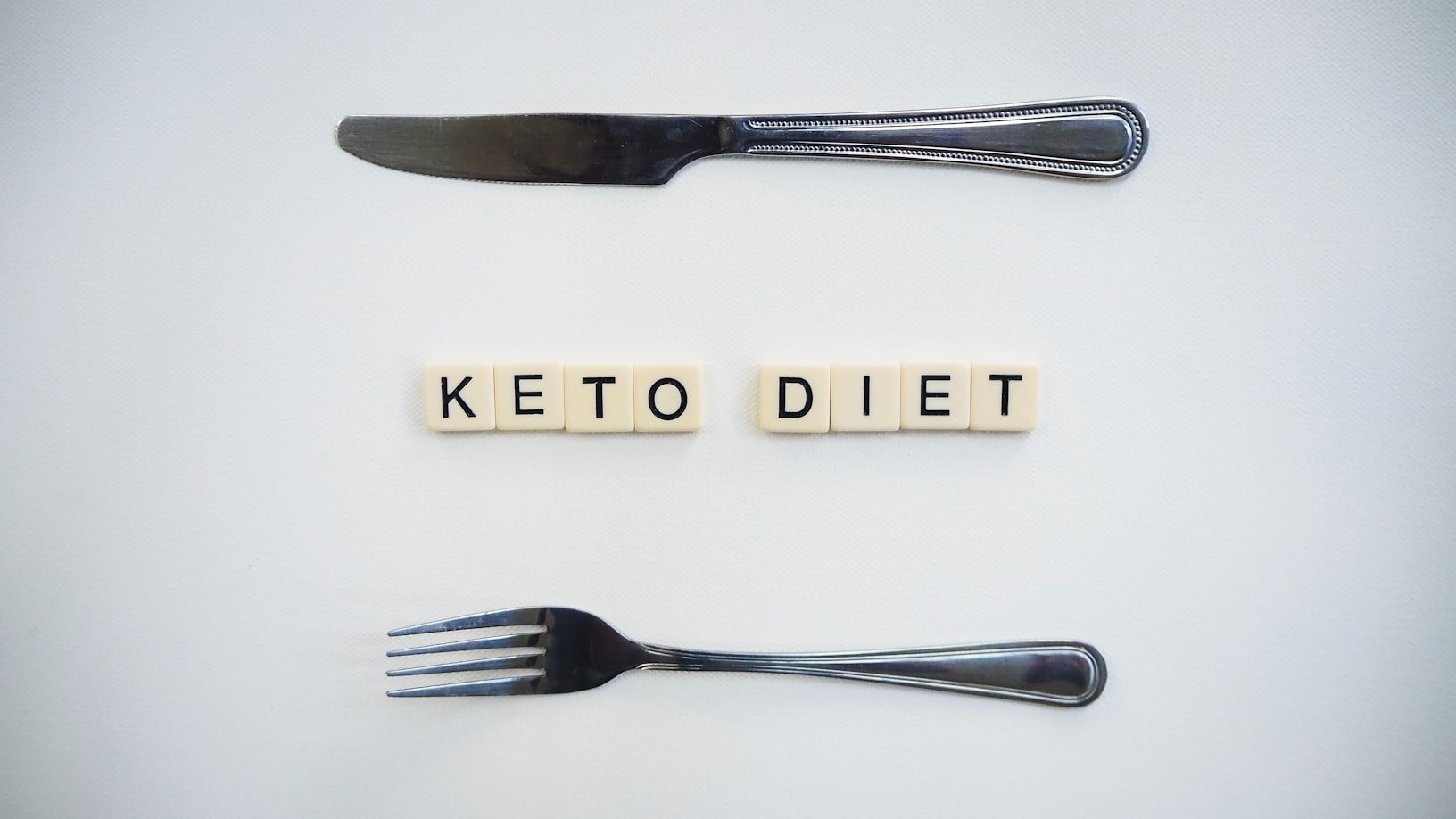What Does Ketosis Taste Like?
When it comes to following a ketogenic diet, one of the most common questions people have is, “What does ketosis taste like?” Ketosis is a metabolic state in which your body burns fat for fuel instead of carbohydrates. This state is achieved by drastically reducing your carbohydrate intake and increasing your consumption of healthy fats. While ketosis has numerous health benefits, many people are curious about the taste and flavor changes that may occur during this dietary shift. In this article, we will explore the taste of ketosis and provide valuable insights into what you can expect.
The Science Behind Ketosis
Before diving into the taste of ketosis, it’s important to understand the science behind this metabolic state. When you consume a high-carbohydrate diet, your body primarily relies on glucose (sugar) for energy. However, when you restrict your carbohydrate intake, your body starts to burn stored fat for fuel instead. This process leads to the production of ketones, which are molecules that serve as an alternative energy source.
The Initial Transition
During the initial transition into ketosis, you may experience some changes in taste and flavor perception. This is primarily due to the elimination of high-carbohydrate foods, which often contain added sugars and artificial flavors. As your body adapts to using fat as its primary fuel source, you may notice a few key taste changes:
- Metallic taste: Some individuals report a metallic or “fruity” taste in their mouth during the early stages of ketosis. This is believed to be a result of the increased production of ketones in the body.
- Reduced sweet cravings: As you transition into ketosis, your cravings for sugary foods may diminish. This can be attributed to the stabilizing effect of ketones on blood sugar levels.
- Enhanced taste sensitivity: Many people find that their taste buds become more sensitive while in ketosis. This heightened sensitivity can make flavors more pronounced and enjoyable.
Changes in Food Preferences
As you continue to follow a ketogenic diet, you may notice changes in your food preferences and cravings. These changes are often a result of the metabolic shift and can vary from person to person. Some common taste-related changes include:
- Preference for savory foods: Due to the increased consumption of healthy fats, many individuals on a ketogenic diet develop a preference for savory foods. This can include foods like avocados, nuts, and fatty cuts of meat.
- Decreased tolerance for sweetness: The reduction in carbohydrate intake can lead to a decreased tolerance for overly sweet foods. Many people find that even small amounts of sugar taste excessively sweet while in ketosis.
- Increased enjoyment of natural flavors: With a reduced intake of processed foods, you may find that you have a heightened appreciation for the natural flavors of whole foods. Fruits and vegetables, in particular, can taste more vibrant and flavorful.
FAQs About the Taste of Ketosis
1. Does ketosis cause bad breath?
Yes, some individuals may experience a change in breath odor while in ketosis. This is often referred to as “keto breath” and is caused by the increased production of ketones in the body. However, maintaining good oral hygiene and staying hydrated can help alleviate this symptom.
2. Can ketosis affect the taste of water?
While ketosis itself does not directly affect the taste of water, some individuals report a slightly different taste perception. This can be attributed to the enhanced taste sensitivity that often accompanies ketosis.
3. Does ketosis make food taste better?
Many people find that the heightened taste sensitivity experienced during ketosis makes food taste better. The natural flavors of whole foods can be more pronounced and enjoyable, leading to a greater appreciation for the taste of food.
4. Can ketosis change the taste of coffee?
For coffee lovers, the taste of their morning brew is important. While ketosis itself does not alter the taste of coffee, some individuals may find that they prefer their coffee black or with less sugar while following a ketogenic diet.
5. Does ketosis affect the taste of alcohol?
Ketosis can impact the way alcohol is metabolized in the body, but it does not directly affect the taste of alcoholic beverages. However, it’s important to note that alcohol consumption should be moderated while following a ketogenic diet due to its impact on ketone production and overall health.
6. Can ketosis cause a metallic taste in the mouth?
Yes, some individuals may experience a metallic or “fruity” taste in their mouth during the early stages of ketosis. This taste is believed to be a result of the increased production of ketones in the body.
Summary
While the taste of ketosis may vary from person to person, many individuals report a few common changes. These include a metallic or fruity taste in the mouth during the initial stages of ketosis, a reduced craving for sweet foods, and an enhanced enjoyment of natural flavors. It’s important to remember that taste changes are just one aspect of the ketogenic diet, which offers numerous health benefits beyond flavor perception. If you’re considering embarking on a ketogenic journey, be prepared for potential taste changes and embrace the opportunity to explore new flavors and food preferences.





